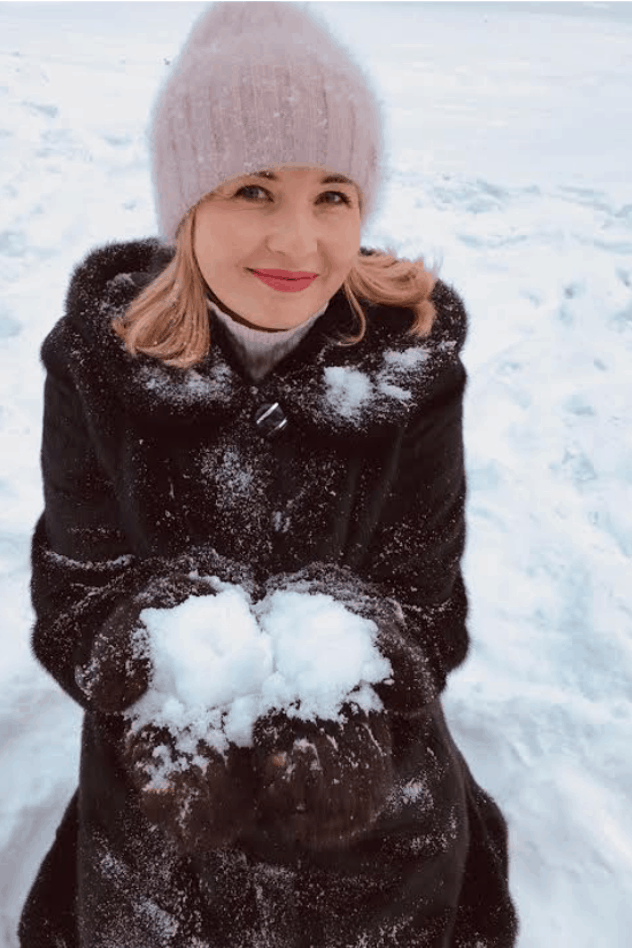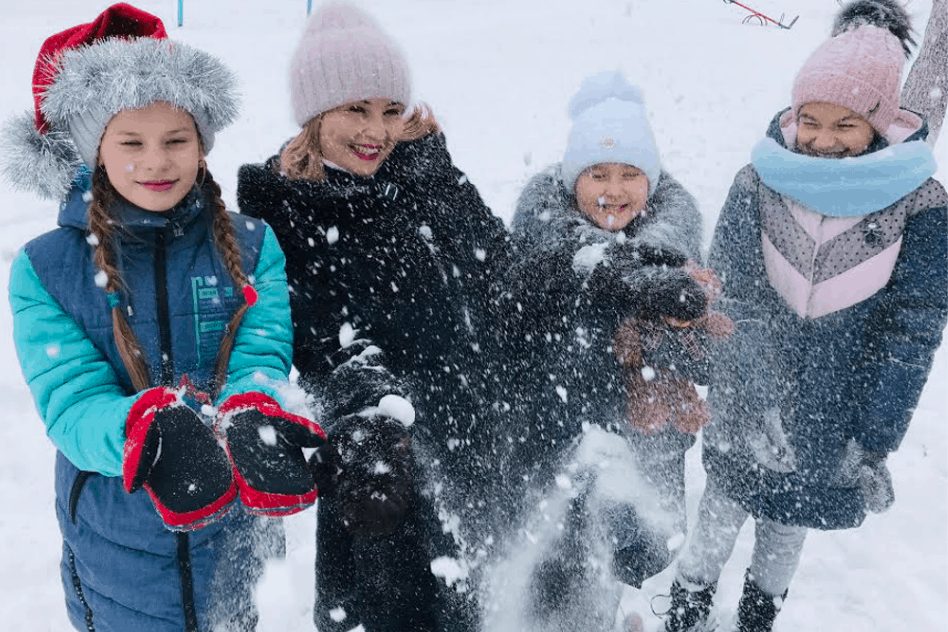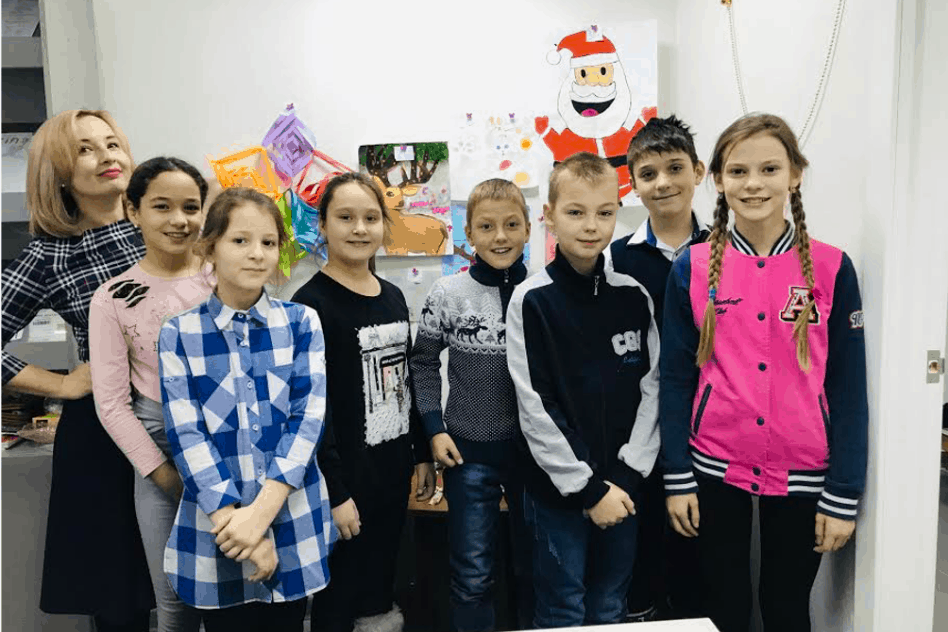I own my Language Club in the part of Russia called Siberia where I am trying to make my learners believe that the language learning process can be a wonderful journey and the results do not take long to be seen.
Every time I say that I’m from Siberia in Russia, people get completely amazed and the first question I hear is like: Wow, it’s so cold there, how do you survive?
But we do – we live, work and study, enjoy the life and even hot summertime here. In this article I will try to break some myths associated with Siberia and tell something about how we live and study here.

MYTH #1: Extreme cold all the year round.
Actually Siberia is huge and the temperature here can range enormously – we can have just perfect winter like this year when it doesn’t go less than -15 C. In worst cases, it can be from minus -35 to -55, and I’m afraid even less. But despite such severe weather conditions in winter, which usually starts in late November and finishes in the middle of March, nothing can prevent us from enjoying our time out. Since we have a lot of snow and terrific nature – hills, mountains, forests, we can ski, skateboard, play ice hockey and skate every time we want.
In all fairness, I must say we have all four distinct seasons – autumn, winter, spring and summer. Just imagine how much we spend on clothes!

MYTH #2: It snows even in summer.
The Siberian summertime is amazing. It usually starts in May and finishes in September when we call it the “Indian summer”.
The temperature in summer is usually +30 and more and for us it’s a nice little life. It’s the time when we go swimming, do gardening and enjoy all the summertime benefits as if it will never happen again. Yes, Siberia really makes you live the moment!
MYTH #3: We have pet bears.
Surprisingly, I’ve heard something like this as well, though, luckily, I have never seen any bear in my life, just in the zoo. Someone even asked me if our kids go to school with the help of bears. I was about to say “Yes, sure!”, but no, we prefer cars or walking if the distance is short. What can be better to walk to school or work in the morning breathing some fresh frosty air and getting as energetic as you cannot feel after 2-hours workout in the gym? And nothing can stop our kids from attending their schools. Ok, almost nothing. Actually they can stay at home if it’s -35 outside. However, the bravest and strongest go there even if it’s -40. Siberia toughens you much!
MYTH #4: Tough Siberian people.
When I meet people abroad for the first time, they are surprised when they see my always smiling face. Yes, here we smile a lot, have fun and we are very friendly and heart welcoming. When visiting a Siberian person, actually a Russian one in general, you cannot escape without having eaten a lot. The first thing we do for our guests is setting the table. Do you remember we do gardening in summer? That means that we will be sure to let you taste all the pickled mushrooms, cabbage, cucumbers and tomatoes. Just come over to my mum’s house and you will experience the Russian hospitality in full!
MYTH #5: You can cross Russia in 7 days.
Well, actually, it’s not a myth. You really can take a train and make a great journey from Moscow to Vladivostok using the Transiberian Railway, the longest one in the world, in 6 days and 7 nights. Among the famous people traveling this way in different years were David Bowie and Paulo Coelho. As for me, I’ve travelled several times but a half of the route – just four days. That was unforgettable experience, believe me.

MYTH #6: Poor education system.
That’s a real myth. The education here is absolutely decent. We have lots of universities, science and research centers, as well as other educational institutions. Children here start their school when they are 7 and finish aged 17 or 18. After that they go to universities.
We pay great attention to languages, mostly English, but at schools we study French and German as well. There are lots of language schools here also teaching Chinese, you can guess why, Spanish, Italian and many other languages. We do it for our future careers and traveling. We love traveling a lot!
And finally, the myth that I’m trying to break here in my Language Club after competing the Neurolanguage Coaching® course, and hopefully I will be able to do it across the whole Siberia soon, is that (MYTH #7) the learning process is always boring and the time it can take to reach a visible result is endless as a Siberian forest.
I’ve never considered myself to be a traditional teacher. For a long time I have been searching for something special that can combine the brain, individual features of a learner and the motivation to make the language learning process an adventurous journey. Now I can say that thanks to the Neurolanguage Coaching® approach I’ve found my element, I am implementing it with my groups and it seems my learners are as happy about this as ever. But this is another story I’d like to share.
So welcome to Siberia, the part of Russia full of talented, kind and welcoming people, break the myths and live the moment with us!
Alena
